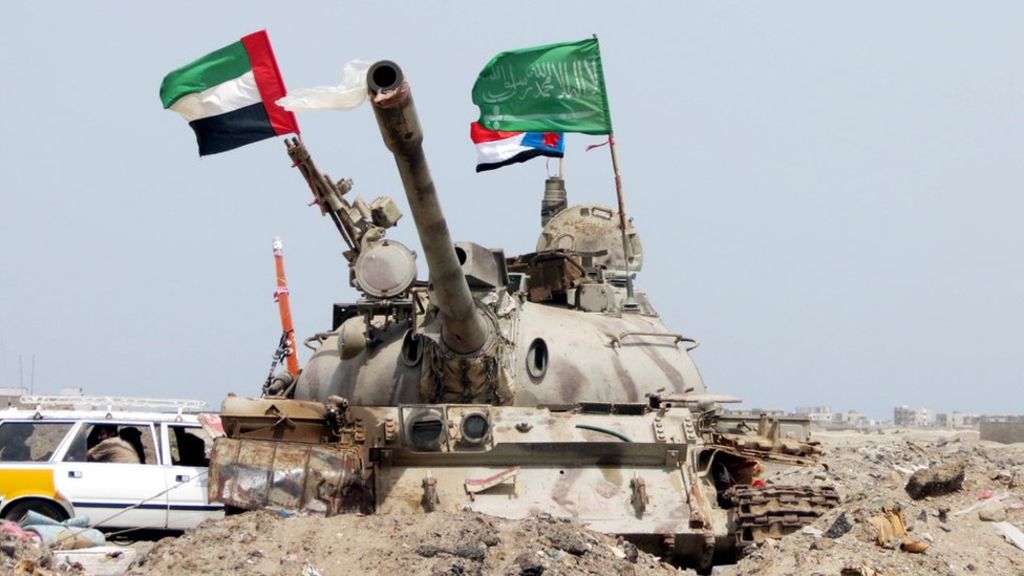

Yemen is entering the seventh year of one of its longest, most violent, terrifying and costly wars.
The armed conflict, which came about two and a half years after the removal of the country's late President Ali Abdullah Saleh, was a result and broad title of the failure of the political and social forces to develop a comprehensive vision for the future of governance, and to respect the consensus reached at the National Dialogue Conference sponsored by the United Nations to build a new federal national state.
The Houthi fighters' invasion of the capital, Sana'a, and their seizure of power by force of arms on September 21, 2014, were the sparks that ignited the fuse of the big explosion.
The bitter harvest of conflict
Preliminary United Nations statistics indicate that at least more than 330,000 people have been killed and tens of thousands injured on both sides of the conflict, including a large number of civilians, children, women and men.
The intensification of ground fighting between the forces of the internationally recognized Yemeni government and the Ansar Allah rebel movement, and the air raids launched by the Saudi-led coalition fighters, led to the displacement of millions inside and outside the country.
Did the proxy war break out?
The Kingdom of Saudi Arabia led a large military coalition to intervene (directly) in the conflict in order to "support Yemeni legitimacy towards restoring the state and the return of elected President Abd Rabbo Mansour Hadi to its capital, Sana'a," at his request, as it said, after he fled from house arrest in his house in Sana'a, and from there to Aden. Then Riyadh.
the other side
Iran played what was described as declared and undeclared roles to support the Houthi movement, which temporarily allied itself with its former opponent, the late President Saleh, who was later killed in a revenge confrontation against the backdrop of six previous wars between them and a struggle for power after the elected president fled.
Tehran also exchanged ambassadors with the Houthis in an explicit recognition of the movement as a de facto government in Sanaa, which no other country in the world has done.
The Houthis have approved their ambassadors to the Syrian government for the second time, the first is Nayef Al-Qans and the second is Abdullah Ali Sabri, but Damascus did not approve their papers, rather it did not receive them or send a counterpart to Sanaa.